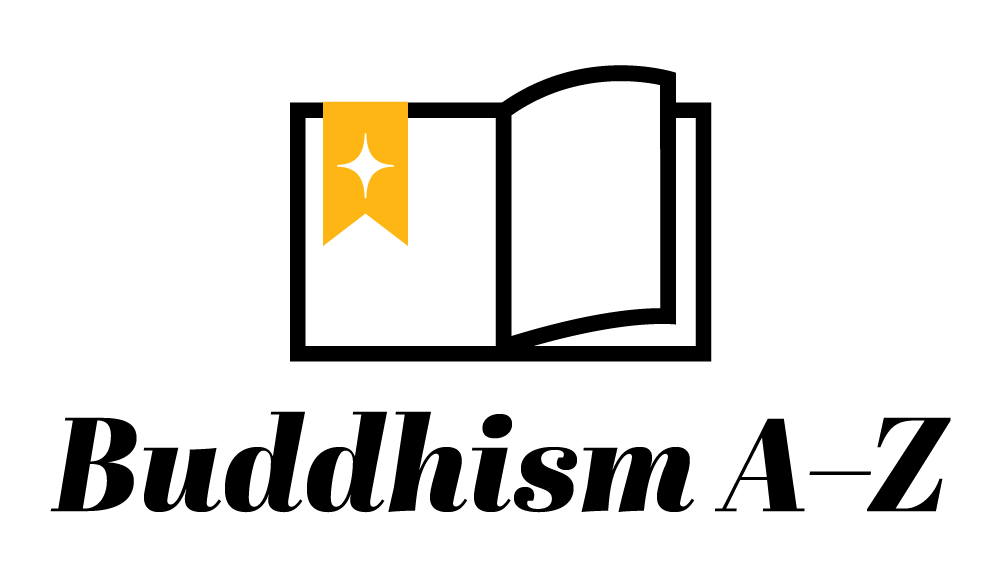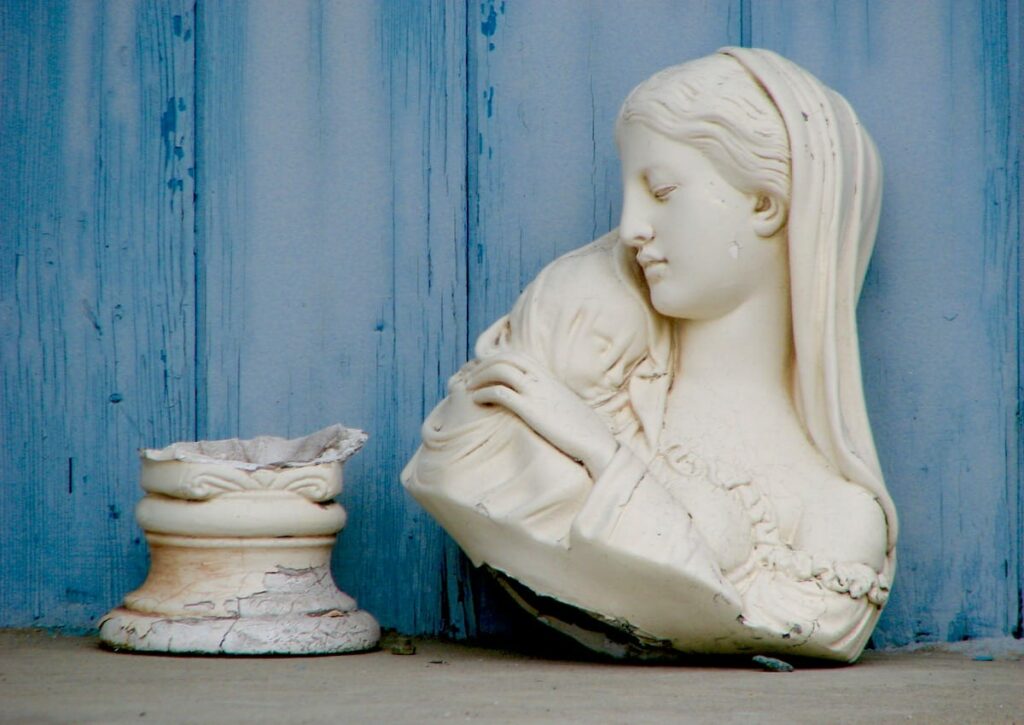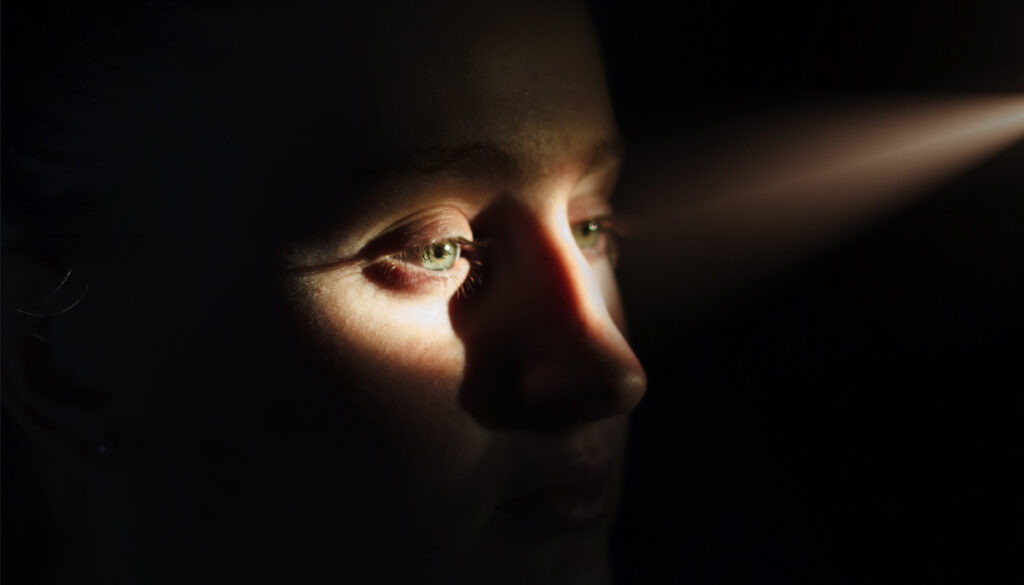When depression is not just a passing mood but something that takes up permanent residence for weeks, this may be what’s called clinical depression or major depressive disorder (MDD).
Medical science commonly addresses MDD with psychotherapy and medicines. Medical professionals say that major depression is a chemical imbalance in the brain that needs to be treated and not a weakness or character flaw. It is linked to a high risk of suicide.
There is a broad consensus among Buddhists that MDD requires professional medical care, even for long-time meditation practitioners. A Buddhist meditation or chanting practice can be beneficial to people struggling with depression, but such practice shouldn’t be expected to take the place of medical treatment.
For more advice on Buddhist practice with major depressive disorder, see “How does a meditator deal with episodes of major depression?” by Narayan Helen Liebenson, Tenzin Wangyal Rinpoche, and the late Zenkei Blanche Hartman, from the Lion’s Roar archives. However, those with clinical depression should consult with their medical professional before beginning a meditation practice as a supplement to their treatment.
Related Reading
Coming Apart and Struggling Through Depression
A moving account by Susan Moon of her journey back from depression, and how her Buddhist practice both helped and hindered her.
How does a meditator deal with major depression?
The teachers are asked how a meditator deals with episodes of depression.
Offer Your Depression
Once I was in a meeting with a publisher to discuss a book I was writing (for which he had paid a tidy sum). He hated it. He hated me.
Buddhism A–Z
Explore essential Buddhist terms, concepts, and traditions.




